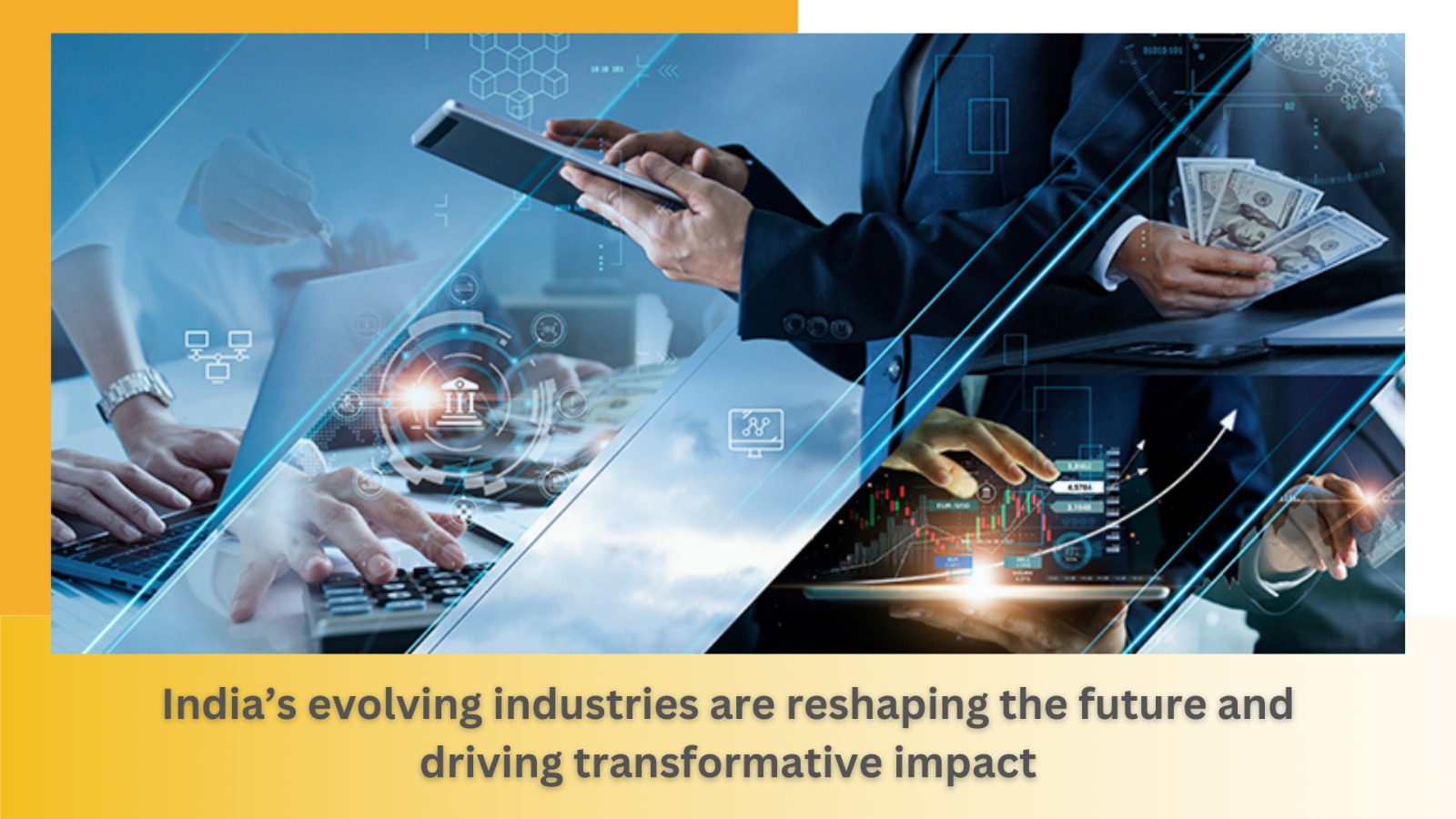
The Tech-Driven Financial Frontier for SMEs and MSMEs in India
FinnUp Team
Micro, Small, and Medium-Sized Enterprises (MSMEs) and Small and Medium-Sized Enterprises (SMEs) are the most dynamic and transformative forces driving national economic growth in India's complex ECONOMIC LANDSCAPE. These businesses are leading a technological revolution that is radically rethinking financial access, financial management, expansion, and building strategies, among many other things. They are no longer limited to conventional business models.
However, the significance of this transformation cannot be overstated. Contributing nearly 30% of India's GDP and employing over 110 million people, SMEs and MSMEs represent more than statistical success—they embody the resilient spirit of Indian entrepreneurship. However, historical financial barriers have often constrained their potential, creating a critical need for innovative solutions that can bridge the gap between ambition and opportunity
Entering the fintech revolution is a wave of transformation that is breaking down traditional financial barriers and opening doors to new opportunities. Technologies like Artificial Intelligence (AI), Machine Learning (ML), blockchain, and cloud computing are no longer just futuristic ideas—they are tools reshaping financial services today, bringing unparalleled efficiency, inclusivity, and innovation.
-
Revolutionizing credit access by enabling instant credit scoring and alternative credit models, these technologies empower faster, more inclusive financial decision-making, ensuring that more businesses and individuals have access to the resources they need to grow.
-
Enhancing risk management through predictive analytics and real-time data insights, they provide a safety net for businesses, helping them navigate uncertainties with confidence
-
Optimizing operational costs with automation, these solutions eliminate inefficiencies, allowing businesses to focus on scaling strategically and allocating resources where they matter most.
-
Facilitating seamless scalability via cloud platforms, they break free from the limitations of physical infrastructure, enabling businesses to grow without boundaries.
-
Improving security and transparency through blockchain, these advancements make transactions safer, faster, and more reliable, building trust in every financial interaction.
The core of this transformation lies in intelligent, data-driven financial ecosystems. Advanced AI algorithms now enable instant credit scoring, predictive financial analytics, and personalized financial product recommendations. Peer-to-peer lending platforms, digital invoice financing, and alternative credit evaluation models are replacing rigid traditional banking approaches. Blockchain technologies are introducing transparency, reducing intermediation costs, and enabling secure, instantaneous transactions that were previously unimaginable.
Government initiatives have become a cornerstone of India’s economic transformation, fostering an environment of growth and innovation. The Production-Linked Incentive (PLI) scheme, backed by ₹1.97 lakh crore, promotes efficiency in 14 vital sectors. Simplified GST frameworks reduce compliance burdens, saving MSMEs up to 30% in operational costs. Investments in digital infrastructure, surpassing ₹88,000 crore, ensure widespread technological integration. These measures collectively equip businesses with tools to adapt, innovate, and contribute to the nation's economic progress
This revolution is about more than just technology—it’s a profound human story of empowerment and opportunity. By leveraging these advancements, grassroots entrepreneurs are finding the tools they need to scale their dreams, create sustainable employment, and transform individual aspirations into collective progress. Every digital solution and financial innovation becomes a stepping stone for small business owners to think bigger, reach farther, and contribute more deeply to the fabric of the national economy.
The opportunities ahead are vast and diverse:
-
Sophisticated digital payment ecosystems are simplifying transactions, making commerce faster and more accessible.
-
International market access is leveling the playing field, enabling small businesses to compete globally.
-
Sustainable financing models are driving responsible growth while ensuring long-term economic stability.
-
Cross-border financial technologies are bridging gaps and connecting businesses across continents like never before.
This transformation is more than an economic shift, it is the realization of economic democratization, where barriers of geography, finance, and technology are being systematically broken down. Together, these changes pave the way for a future where innovation and inclusivity define growth, creating a ripple effect of progress for businesses and communities alike.
As we stand at this critical point of time where, the message is clear and simple: Technological innovation is not an option but a NECESSITY!
However, as we conclude, we put forth the values of acknowledging the economic landscape being changed drastically yet effectively! Could this be the only one driving success from all the nations perspective or bias agenda that connects ?